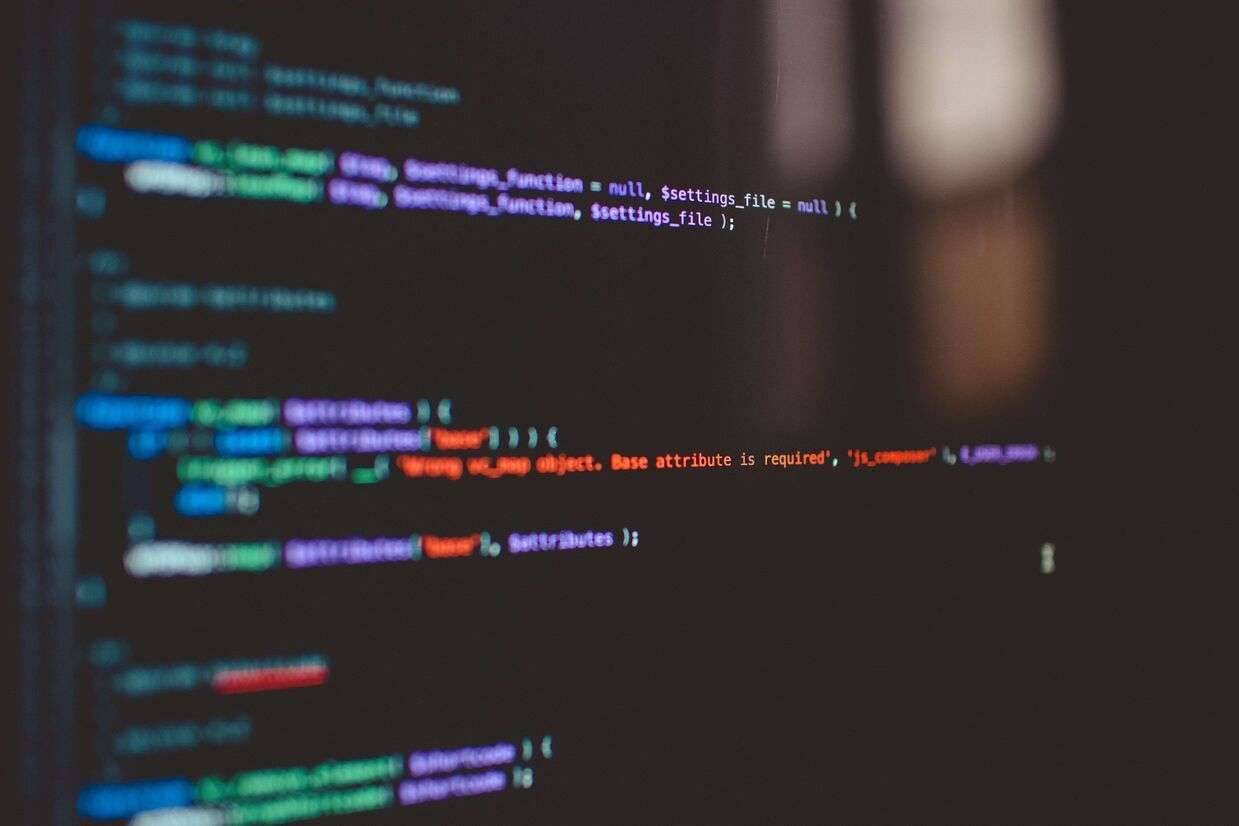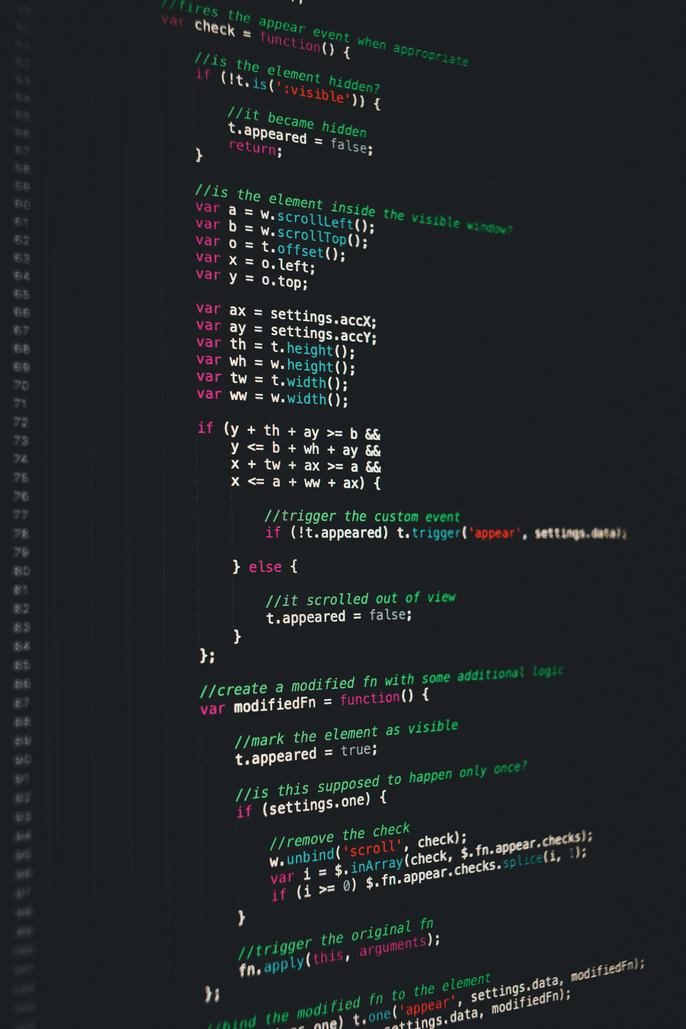
In today’s mobile-driven world, creating robust and efficient backends for mobile applications is crucial for delivering high-quality user experiences. Laravel, a widely-used PHP framework, has emerged as a powerful tool for mobile app backend development, offering features that streamline the development process and enhance application performance. In this article, we will explore the role of Laravel in mobile app backend development, its key features, advantages, and how it integrates with mobile technologies.
Why Choose Laravel for Mobile App Backends?
-
Rapid Development: Laravel is renowned for its elegant syntax and expressive framework, which significantly speeds up the development process. With built-in features like routing, middleware, and templating, developers can focus on writing business logic instead of repetitive code. This rapid development capability is especially beneficial for mobile app projects, where time-to-market is often a critical factor.
-
RESTful API Support: Mobile applications typically communicate with backend servers through APIs. Laravel provides seamless support for building RESTful APIs, allowing developers to create endpoints that mobile apps can easily interact with. Laravel’s resource routing and controllers simplify the process of handling API requests and responses, ensuring efficient data exchange between the mobile app and the server.
-
Database Management: Laravel’s Eloquent ORM (Object-Relational Mapping) simplifies database interactions, making it easier to perform CRUD (Create, Read, Update, Delete) operations. Eloquent’s intuitive syntax allows developers to work with databases in a more expressive way, which enhances productivity. Additionally, Laravel supports multiple database systems, offering flexibility in choosing the best database solution for your mobile app.
-
Security Features: Security is a critical aspect of mobile app development, as mobile applications often handle sensitive user data. Laravel provides various built-in security features, such as CSRF (Cross-Site Request Forgery) protection, input validation, and secure password hashing. These features help safeguard against common vulnerabilities, ensuring that the mobile app's backend is secure and reliable.
-
Scalability: As mobile applications grow in popularity, they often need to handle increased traffic and data loads. Laravel is designed with scalability in mind, making it easy to build applications that can grow alongside user demand. Features such as caching, queue management, and optimized database interactions allow developers to create scalable backends that can efficiently manage high traffic volumes.
-
Community and Ecosystem: Laravel boasts a strong and active community, providing a wealth of resources, documentation, and third-party packages that enhance the framework’s capabilities. This ecosystem enables developers to find solutions to common problems, implement new features, and stay updated with the latest trends in mobile app development.
Key Features of Laravel for Mobile App Backends
-
Authentication and Authorization: Laravel simplifies user authentication and authorization through its built-in authentication system. Developers can easily implement user login, registration, and password recovery features, ensuring that only authorized users can access specific resources. This is crucial for mobile applications that require user accounts and personalized experiences.
-
Task Scheduling and Queues: Mobile applications often need to perform background tasks, such as sending notifications or processing data. Laravel’s task scheduling and queue management features enable developers to manage background jobs efficiently. By utilizing queues, developers can offload resource-intensive tasks, improving the overall performance and responsiveness of the mobile app.
-
Testing and Debugging: Quality assurance is vital in mobile app development, and Laravel provides robust testing features that help developers ensure the reliability of their applications. With PHPUnit integration, developers can write unit and feature tests to validate their application logic. This testing capability allows for easier debugging and maintenance, ultimately leading to a more stable and reliable mobile app.
-
Real-Time Communication: Many mobile applications require real-time functionality, such as chat features or live updates. Laravel’s broadcasting capabilities, combined with WebSockets, allow developers to implement real-time features seamlessly. This integration enables mobile apps to provide instantaneous updates to users, enhancing engagement and user experience.
Integrating Laravel with Mobile Technologies
Laravel’s versatility extends to its ability to integrate with various mobile technologies, further enhancing its role in backend development:
-
Frontend Frameworks: Laravel can easily integrate with popular frontend frameworks like React, Vue.js, and Angular. This compatibility allows developers to create dynamic single-page applications (SPAs) that provide a seamless user experience on mobile devices.
-
Mobile App Frameworks: Laravel can also work with mobile app development frameworks such as Flutter or React Native. By exposing a RESTful API, Laravel can serve as the backend for these frameworks, enabling developers to create cross-platform mobile applications with ease.
-
Cloud Services: Laravel is compatible with cloud service providers like AWS, Google Cloud, and DigitalOcean. Developers can leverage cloud storage, databases, and serverless computing to build scalable and resilient mobile app backends.
-
Integration with Payment Gateways: Many mobile applications require payment processing capabilities. Laravel provides built-in support for integrating with popular payment gateways like Stripe and PayPal, making it easy for developers to implement secure payment solutions within their applications.
Conclusion: The Future of Laravel in Mobile App Development
Laravel plays a significant role in mobile app backend development, offering developers a powerful, efficient, and flexible framework to create robust applications. With its rapid development capabilities, comprehensive security features, and seamless integration with modern technologies, Laravel is well-suited for the demands of today’s mobile applications.
As the mobile app landscape continues to evolve, Laravel’s community-driven innovation and commitment to excellence position it as a leading choice for backend development. By leveraging Laravel’s features and capabilities, developers can build scalable, high-performance mobile applications that meet the needs of users and stay competitive in an ever-changing market.


